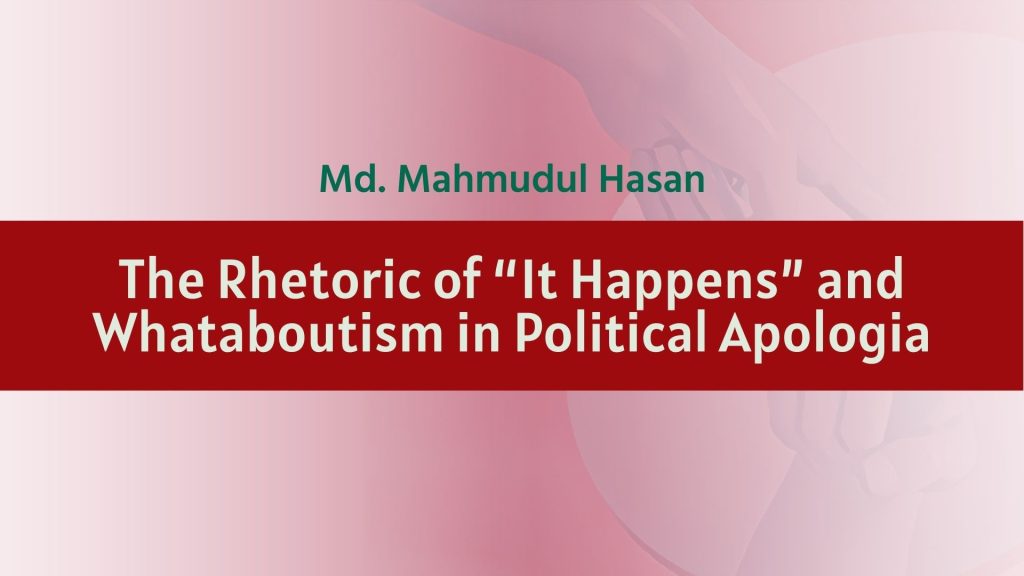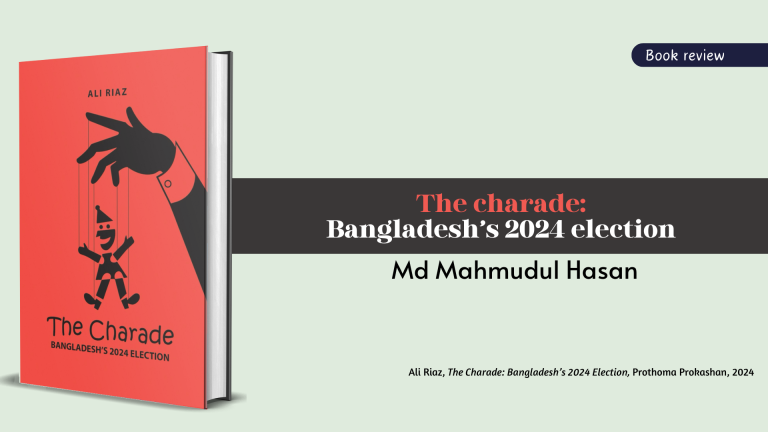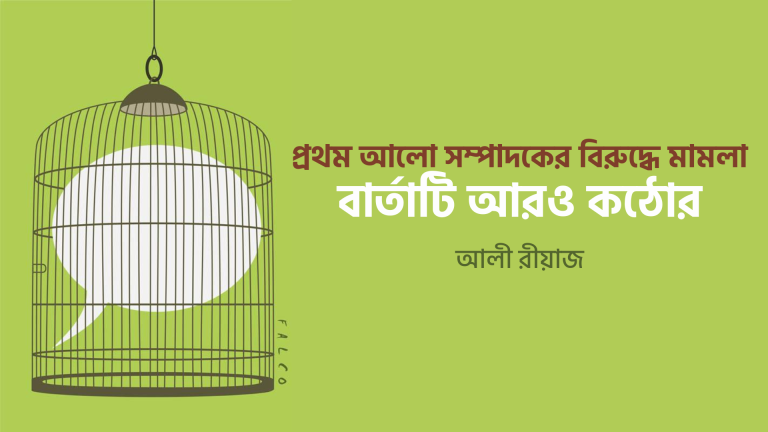Let me string together some anecdotes to illustrate the point that I wish to make in this essay. During my mid-teens, I was privy to some gossip involving the sexual adventures of a powerful political leader. The chit-chats were going on among a group of older boys in the village. They were at loggerheads with some uneducated but influential village elders who were enthusiastic, blind supporters of the playboy politician.
One day the village seniors were hanging around in front of the local masjid after performing Asr (late afternoon) prayers. The boys approached them and said: “As you are pious people, you should not be fans of a political leader of such a character. Look! Your leader has been maintaining extramarital affairs with multiple women.”
The elders were taken by surprise and unprepared for such a gibe. Soon they pulled themselves together and retorted: Raja-badshara emon korei thakey (such sexual exploits are common among the ruling elite). This riposte rendered the boys speechless. Suppressing laughter and disagreement, they left the spot quietly.
The village elders knew that the womanizing tendency of their political leader was wrong in their judgment and that they would sometimes punish village commoners for such amorous behaviours. But, in the case of their political top dog, their partisan affiliation prevailed upon their sense of right and wrong. They deemed it important to defend what they would ordinarily consider indefensible. Their argument was based on the premise that, as such sexual relationships happen among a section of the ruling elite, the romantic lapses of their philanderer political big gun should be overlooked.
Is it hard to imagine such political blindness and apathetic stances among the educated gentry in our country? Given the double standard manifested in the attitudes of many of them, unfortunately, the answer is in the negative.
I would like to bring another anecdote here.
During my time as an academic at the University of Dhaka, there were some whisperings and mutterings of bewilderment among campus insiders about a political appointment in early 2009. In that air of confusion and perplexity, I overheard a conversation between two senior academics in the corridors of the university’s Kala Bhaban (Arts Building). Let’s name them Y and Z. Y was known for his sympathy for the party in office and Z, a political incognito.
Z walked to Y and exclaimed: “Kee holo eta!” (What has happened!). Z actually expressed his shock over the political appointment referred to above and anticipated a word of condemnation from Y.
However, Y adopted a cavalier attitude towards what Z considered a serious matter. With a broad smile on his face, Y said: Eta rajniti (this is politics). What he insinuated was that such things happened in politics and therefore there was no need to be shocked. In other words, Y’s tone was one of condoning on the grounds of political orthodoxy and practice in the context of Bangladesh.
In both the cases above, the excuse to condone misdemeanours or indiscretions is “it happens.” Unfortunately, this “it happens” ploy is common among both unlettered and highly educated people and is used to defend, and provide blind support to, one’s political camp. Worse, they apply this pretext selectively. The same people would become moral absolutists and take a fiercely antagonistic stance if comparable offences or contraventions were committed by people of opposing political parties.
The rhetoric of whataboutism is another apologist strategy for condoning wrong practices and various types of human rights abuses perpetrated by a political party of one’s affiliation or by a government of one’s choice. It is a diversionary tactic to deflect attention from atrocities occurring under people’s noses to some past events or trends. This argumentative technique is used by pseudo-neutral but actually partisan analysts, commentators and intellectuals. They resort to this logical fallacy to avoid a moral responsibility to intervene in instances of political authoritarianism, repression and mass victimization happening before their eyes. This red herring has a pretentious overtone, as it is used to misdirect people – by design – into thinking that this is not the only time such wrongdoings are happening. The intention is to make the public indifferent to current political oppression and to absolve the perpetrators of responsibility.
The specious pretext of whataboutism seems to have gained momentum with the defenders of the current government in Bangladesh that is embroiled in innumerable controversies and allegations of gross human rights violations. Electoral fraud and other forms of manipulation overshadowed the last two polls – one non-participatory and the other rigged and tainted by nocturnal ballot stuffing. Since this government came to power, innumerable opposition leaders and activists have been subjected to forced disappearances. Beginning with the disappearance of Dhaka City Corporation councillor Mohammad Chowdhury Alam on 25 June 2010, the ongoing list of such victims now seems endless. Both the cries of the orphaned children and the cries for justice have been falling on deaf ears. Limiting freedom of the press and gagging the expression of dissent and difference have now taken an institutional and legal shape, thanks to the Digital Security Act 2018.
When conscientious intellectuals and citizen groups raise these and many other issues of misrule to generate debates, government sympathisers and peddlers of official narratives defend the regime by skilfully deploying whataboutism. Thus, they attempt to stifle the voice of conscience and legitimate political criticism. In other words, they seek to dismiss the charges of current human rights abuses by referring to earlier precedents. For example, when they are called to condemn wanton harassment of opposition leaders, activists, journalists and writers (for exercising freedom of expression), they say that such repression is not new and that these happened in the past and they also happen in other countries.
Oppression and injustice in any shape or form are wrong and abhorrent and suggest inherent weaknesses of their perpetrators. Our condemnation of such acts must be absolute without any reservation or subterfuge. To use some previous incidents of human rights violations to condone those of the present time is hypocrisy and a macabre mockery of the past and present victims.
Perhaps, with the change of political power in Dhaka, today’s proponents of whataboutism will change their colour. In the past, such metamorphosis of Bangladesh’s intelligentsia happened, especially in relation to the rise and fall of Hussain Muhammad Ershad’s military rule. As the Associated Press had reported on 30 December 1990: “Newspapers, including government-owned ones that once carried only laudatory accounts of Ershad’s public deeds, now print saucy stories full of allegations of corruption and clandestine romances.”
Freedom-loving and peace-and-justice-promoting writers and intellectuals should be above partisan politics and should have the courage to stand firm for truth and justice. Using the tedious rhetoric of “it happens” and whataboutism to defend a particular political group is a sign of intellectual timidity.
As it appears, our country is poised for a further downward spiral – a total political, humanitarian and economic crisis. If things turn worse and if slavery and sycophancy are the only options on the table for the educated gentry, it will be too late to wake up to the country’s realities and to our responsibilities. The earlier we understand this the better.
* A shorter version of this essay was published in The Daily Star (10 January 2023).




